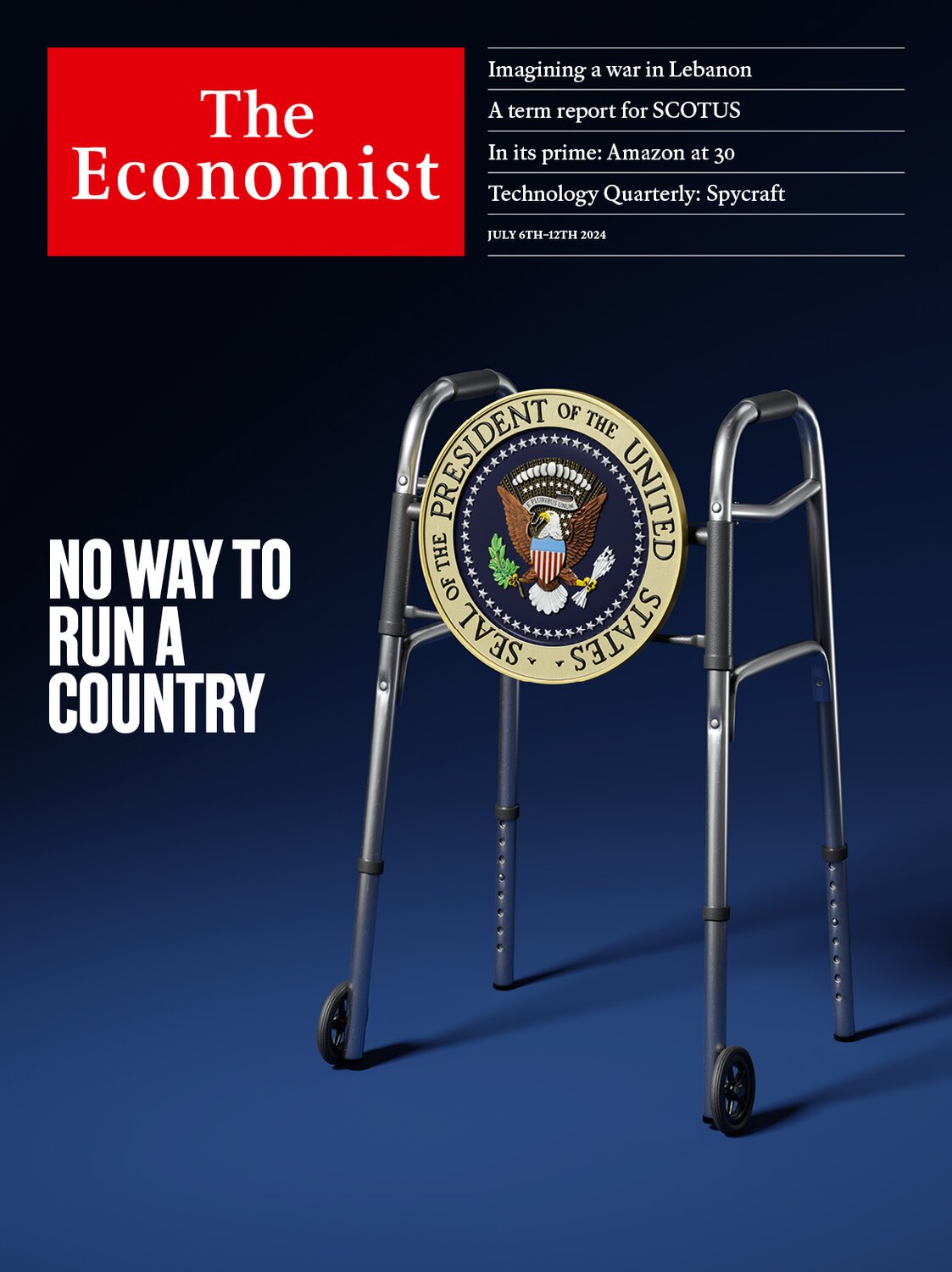Emergency response units assess airplane wreckage in the Potomac River near Ronald Reagan Washington Airport on January 30, 2025 in Arlington, Virginia.
I wish I could say I was surprised. But I’m not.
A tragic plane crash happens at Ronald Reagan National Airport, and instead of waiting for the facts, instead of mourning the lives lost, Trump rushes to the mic with an all-too-familiar playbook: Blame Diversity, Equity, and Inclusion. No evidence, no logic—just another reckless attempt to weaponize tragedy to attack marginalized communities.
And this time? He went straight for disabled professionals.
In his press conference, Trump suggested that DEI efforts were responsible for putting “unqualified” people in roles like air traffic control, even going so far as to claim that under Biden, the Federal Aviation Administration was hiring people with “severe intellectual disabilities and psychiatric problems” as part of diversity initiatives. He made it sound as if DEI is about lowering the bar, as if safety has taken a backseat to inclusion .
Let’s set the record straight.
DEI doesn’t weaken standards—it strengthens them. It ensures that highly qualified individuals—people who have always had the skills but have historically been shut out due to bias—get a fair shot. The FAA’s hiring requirements haven’t changed. Air traffic controllers still go through the same intense screening, the same rigorous testing, the same high-pressure training. Nobody gets a free pass. The idea that disabled people are handed these jobs without meeting the same standards as everyone else is not just false—it’s insulting.
Maria Town, President of the American Association of People with Disabilities said it best, “Preventing the FAA from hiring people with disabilities does not make planes more safe, It just removes opportunities for disabled people."
And yet, here we are again.
For those of us in the disability community, these kinds of attacks aren’t new. We’re used to people questioning our qualifications, assuming we’re only here because of some imaginary quota. It doesn’t matter how hard we work, how much we achieve—someone, somewhere, will always suggest we don’t belong.
Trump’s words don’t just spread misinformation. They do real harm. They give people permission to question whether disabled professionals should be allowed in the workforce at all. They fuel narratives that say our presence in critical jobs is a “risk” rather than an asset.
Here’s the truth: Disability doesn’t make a person unqualified. It doesn’t make them less capable, less intelligent, or less deserving of responsibility. I know this firsthand. I have spent my career proving what I—and countless others—already knew: We belong.
Trump didn’t just attack DEI. He attacked the very idea that people like me, people like us, deserve to be here.
And we cannot let that stand. The only way to drown out falsehoods is with truth. And the truth is, DEI isn’t the problem—it’s the solution.
Trump Blames DEI, Democrats for Deadly Plane Crash










